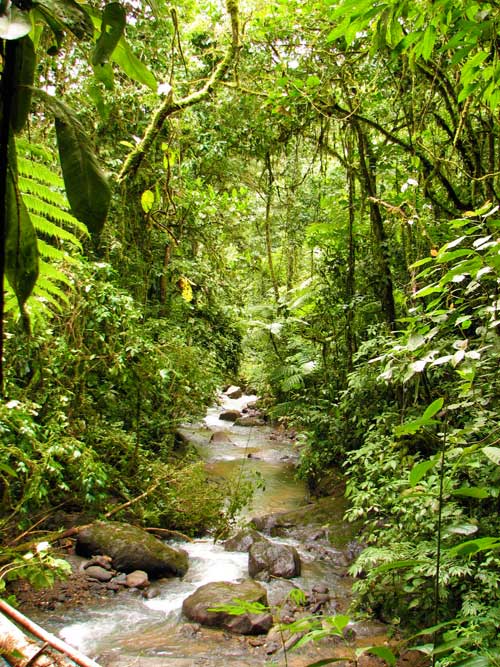The Albert J. Cook Arthropod Research Collection (ARC) personnel have undertaken many research trips throughout the continental United States, especially Michigan, and abroad. Read about their expeditions.
What's New

New grant to improve the identification of potential exotic ambrosia beetle pests
Beginning Aug. 1, 2016, Anthony Cognato and the HISL members will start creating identification keys and a DNA library for the identification of southeast Asian ambrosia beetles (Scolytinae: Xyleborini). Ambrosia beetles are the most intercepted exotic insects at ports-of-entry. Those that escape detection, especially ambrosia beetles, have greatly altered rural and urban landscapes such as the red bay beetle (Xyleborus glabratus), which has killed millions of red bay trees in the southeast U.S. Ambrosia beetles from southeast Asia are intercepted every year in the U.S., yet a key or a comprehensive DNA database of the southeast Asian xyleborine species do not exist. Our ability to identify these specimens to species is critical for a rapid response to potential pests.
We will use modern methods to help alleviate this taxonomic technology deficit. This project will create a web-based illustrated identification key and detailed species pages for the approximately 270 xyleborine species occurring in southeast Asia, including Bangladesh, Cambodia, China, India, Laos, Thailand, Taiwan and Vietnam. Also, we will create protocols and a database consisting of over 500 xyleborine DNA sequences for the identification of these beetles.
Aaron Smith, former PhD student, accepts position at University of Northern Arizona
In fall 2014, Dr. Smith joined the faculty of the Department of Biological Sciences, Arizona University, Flagstaff as a tenure-track Assistant Professor. He is also a Curator of the Colorado Plateau Museum of Arthropod Biodiversity. His research on beetle systematics is summarized at the Smith Insect Biodiversity Lab website.



 Print
Print Email
Email